In 1927, Chiang Kai-shek established the Nanjing National Government to compete with the Wang Jingwei government in Wuhan and launched the "April 12" Incident.
To everyone's surprise, the Ning and Han factions did not attack each other as the Beiyang warlord thought, but chose to separate and go north.
On April 18, Wuhan decided to make another northern expedition.
At this time, Zhang Zuolin 's Fengjun united with Wu Peifu 's remnants. Fengjun sent the most elite Zhang Xueliang and Han Linchun to Henan, preparing to go south to attack Wuhan via Wusheng Pass .

Wuhan sent Zhang Fakui to lead the 4th Army and the 11th Army to Henan, and fought a bloody battle with Zhang Xueliang's 250,000 Northeast Army .
Zhang Fakui's 4th Army had already earned the title of "Iron Army" during the Northern Expedition. Ye Ting's independent group is not the "Iron Army", but an independent group of the "Iron Army". The 4th Army is full of talents. Nearly half of my country’s top ten marshals and top ten generals at the investiture ceremony in 1955 came from Zhang Fakui’s troops, including Ye Jianying, Chen Yi, Xu Xiangqian, He Long, Su Yu, Xu Haidong, etc.
The battle was unprecedentedly brutal since the beginning of the Northern Expedition.
Zhang Zuolin sent his son Zhang Xueliang to the front line to supervise the battle. As soon as Zhang Xueliang arrived at the front line, he replaced the army commander Zhao Enzhen and shot four officers above the regiment who had lost in the earlier battle to boost morale and stop the retreat of the officers and soldiers.
This battle was also the battle with the largest casualties since the Fourth Army's Northern Expedition. More than 8,000 casualties occurred in just two days, but the Fengjun army suffered even greater losses. Zhang Xueliang's elite Fengjun army was basically defeated by the Northern Expeditionary Army Beat down. Almost all heavy equipment was discarded, and even the tanks became trophies of the Northern Expedition.
Many years later, Zhang Fakui met Zhang Zuoliang in London and said with emotion that I had not encountered such an army since the Northern Expedition. Zhang Zuoliang later recalled that he had never met such a powerful person in the war. He was called an "Iron Army".
As a defeated general, Zhang Zuoliang's letter left a deep impression on Zhang Fakui.
Before Zhang Zuoliang was defeated, he left a letter to the frontline commander of the Northern Expeditionary Army. Later Zhang Xueliang recalled:
I still roughly remember this letter. It was a long letter. I said that I told them a few things, and we had a lot left. I know that the enemy must not let the enemy get the food, and must set fire to it, but the people have no food to eat, so you use it to help the people. That's about it, I forgot. The second point I said is that I will blow up the Iron Bridge over the Yellow River, and I also know that you will come after me. If I destroy it, you won’t be able to repair it for a while. But I didn't destroy it, I didn't blow it up, that bridge belongs to the country.

Zhang Xueliang also won the respect of his opponents on the battlefield. Later Zhang Fakui recalled: When Zhang Xueliang retreated, he left a letter to the National Revolutionary Army, hoping that the National Revolutionary Army would not destroy the railway bridge across the Yellow River near Zhengzhou. This bridge was designed by a Belgian engineer.
Zhang Fakui believed that from a military perspective, Zhang Xueliang should blow up the bridge to prevent the National Revolutionary Army from pursuing the retreating Fengjun. However, he took into account the interests of the entire country. Zhang Xueliang also hoped in the letter that the large amount of wheat he left behind would be distributed to the poor.
Zhang Fakui therefore commented on Zhang Xueliang: This person has a clear mind and puts the interests of the country above his personal interests. Although it was rumored that Zhang Xueliang was a "prince", Zhang Fakui believed that he was a capable general, Fengjun's military discipline was not bad, and Zhang Xueliang was resourceful.
However, Zhang Xueliang recalled three things, but when he later recounted the oral history, he only remembered that the first was that the food was not burned and left to the people, and the second was that the iron bridge on the Yellow River was not exploded.
But he couldn't remember the third thing. This incident was completely forgotten in the long river of history as these people passed away.



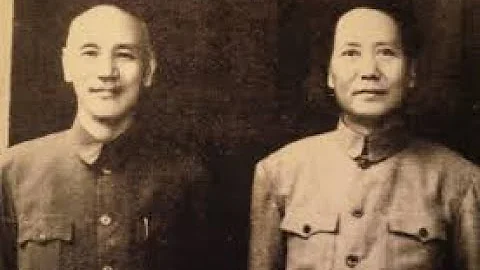
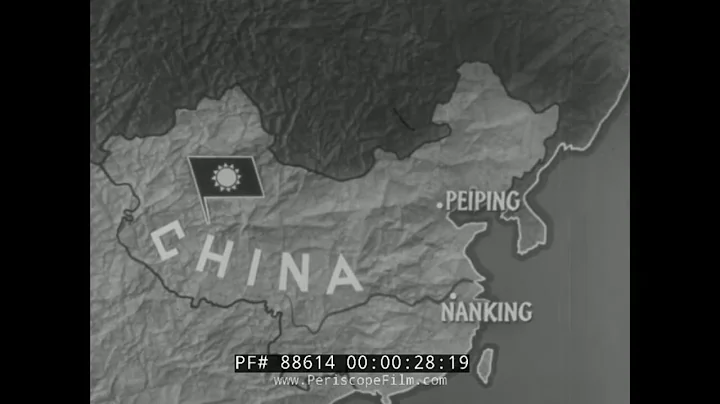
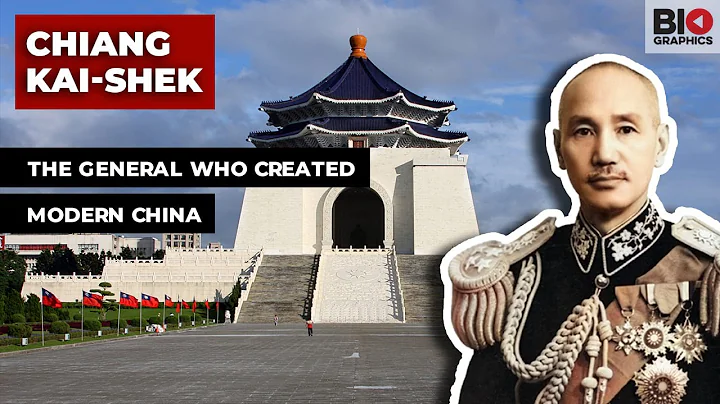



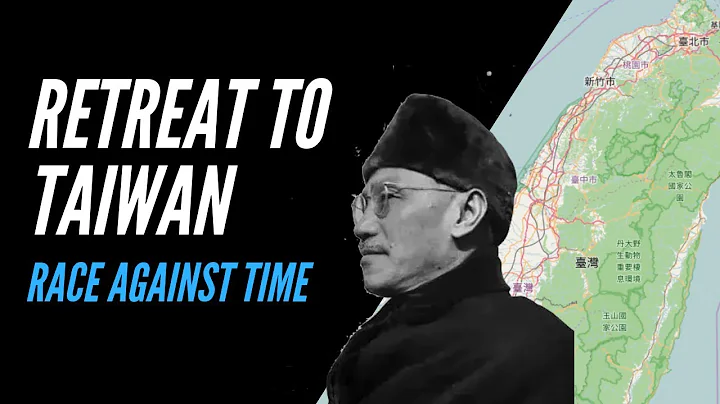
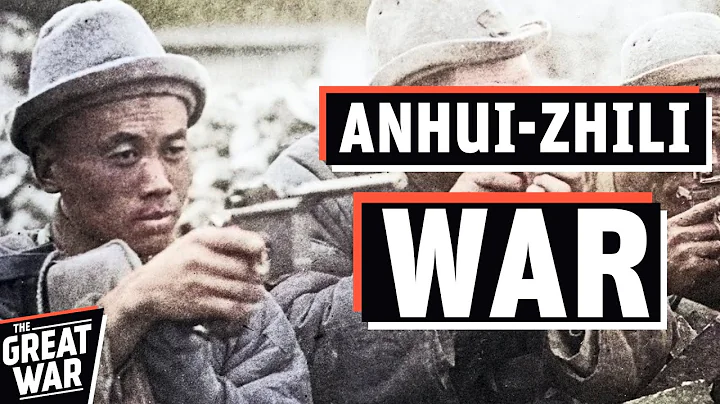

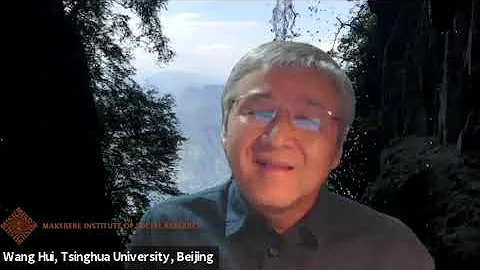





![[FULL] Professor Wang Gungwu: China's reforms - whose way is the best? - DayDayNews](https://i.ytimg.com/vi/9lyxv7NlY4w/hq720.jpg?sqp=-oaymwEcCNAFEJQDSFXyq4qpAw4IARUAAIhCGAFwAcABBg==&rs=AOn4CLBnO7Mxwb11SoPMAX5bBewt_bUhLA)


